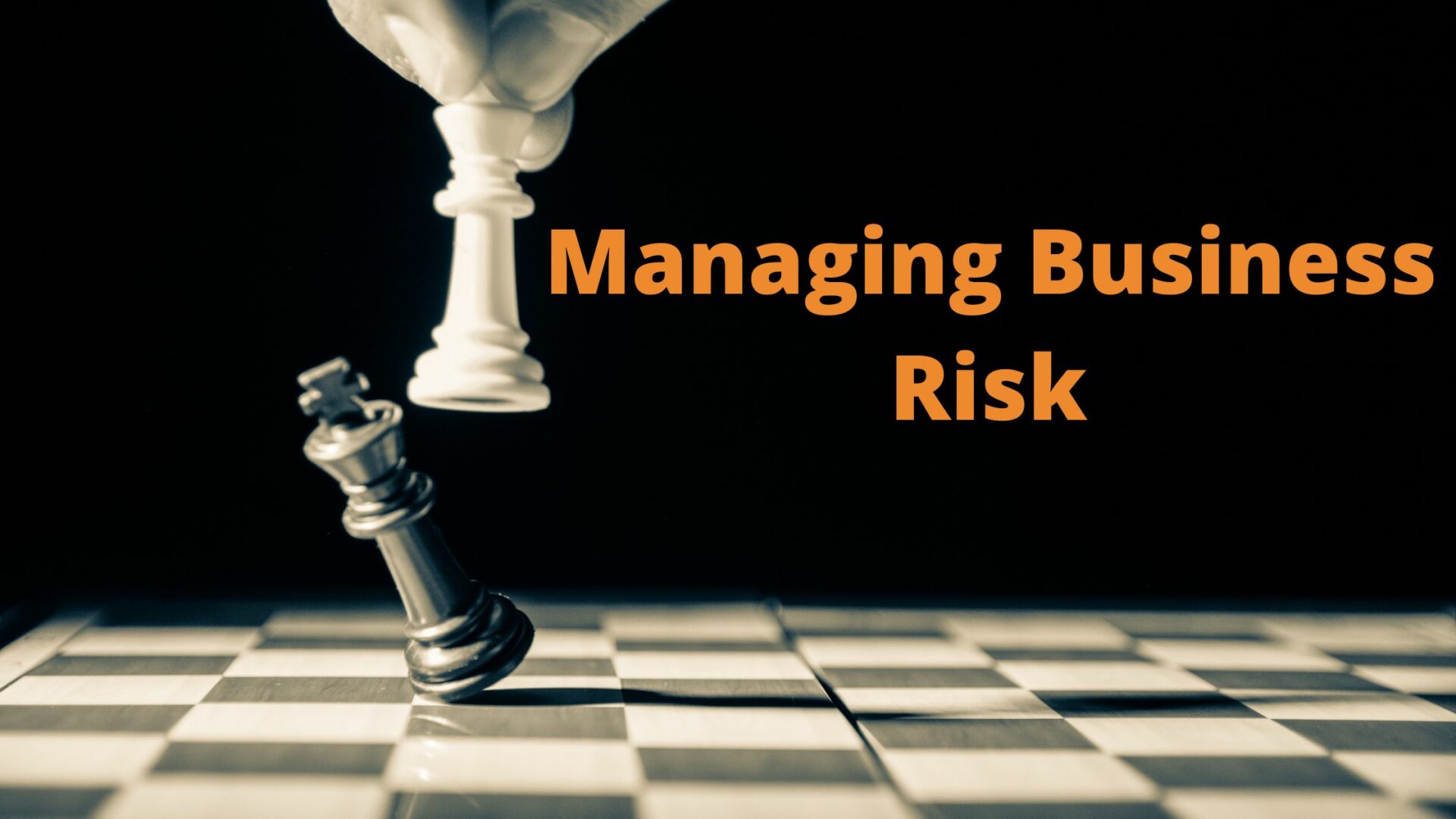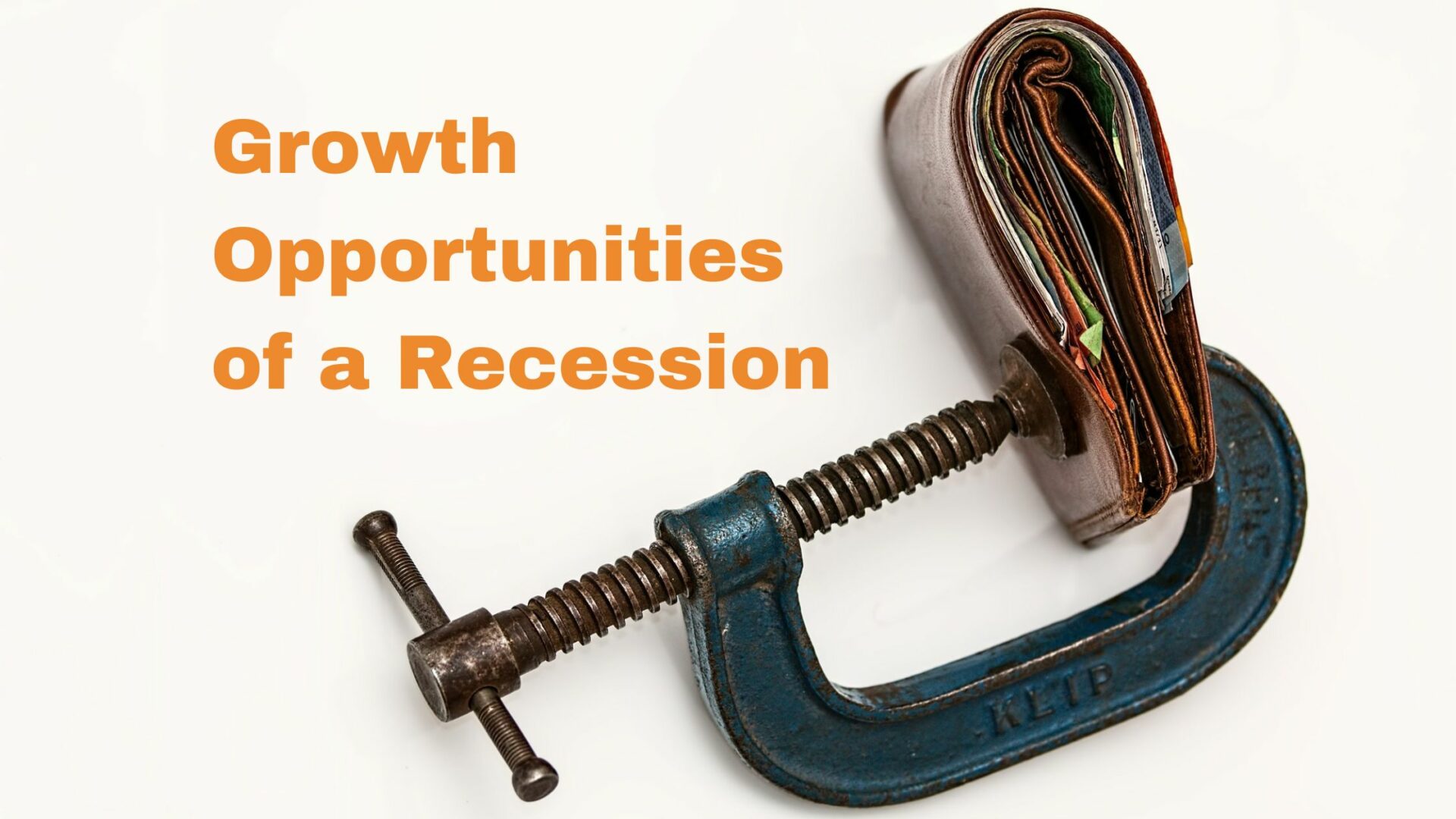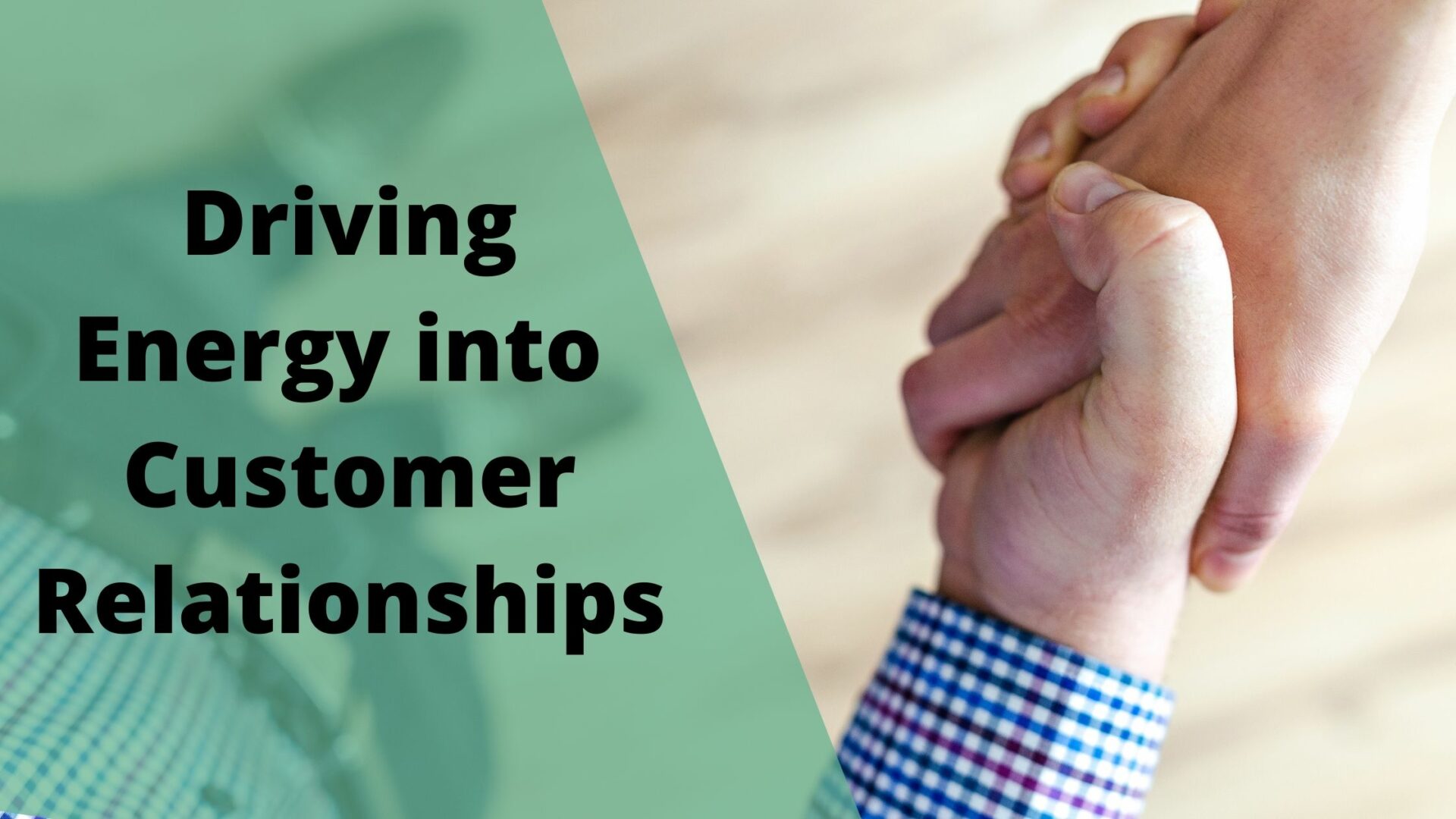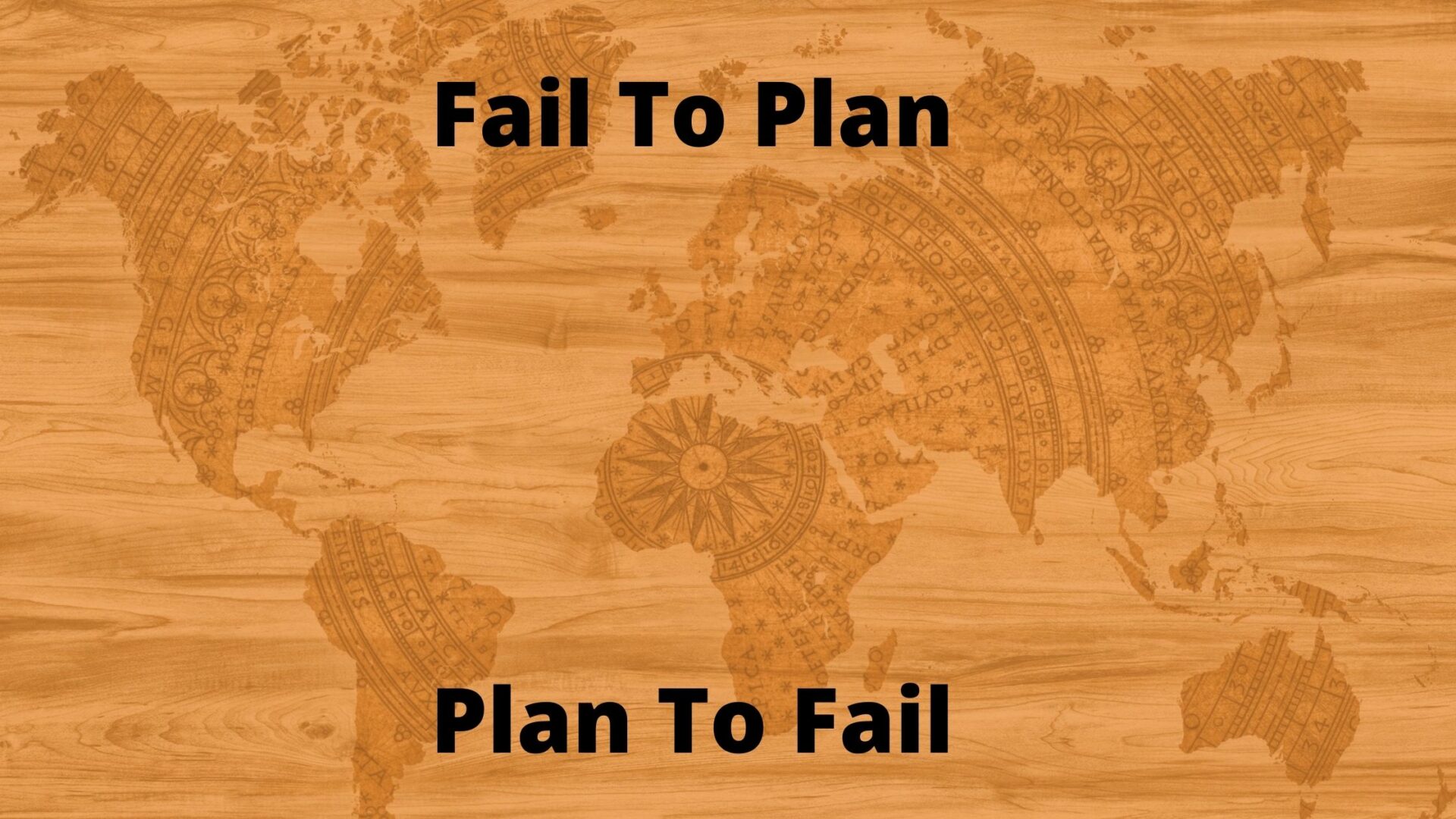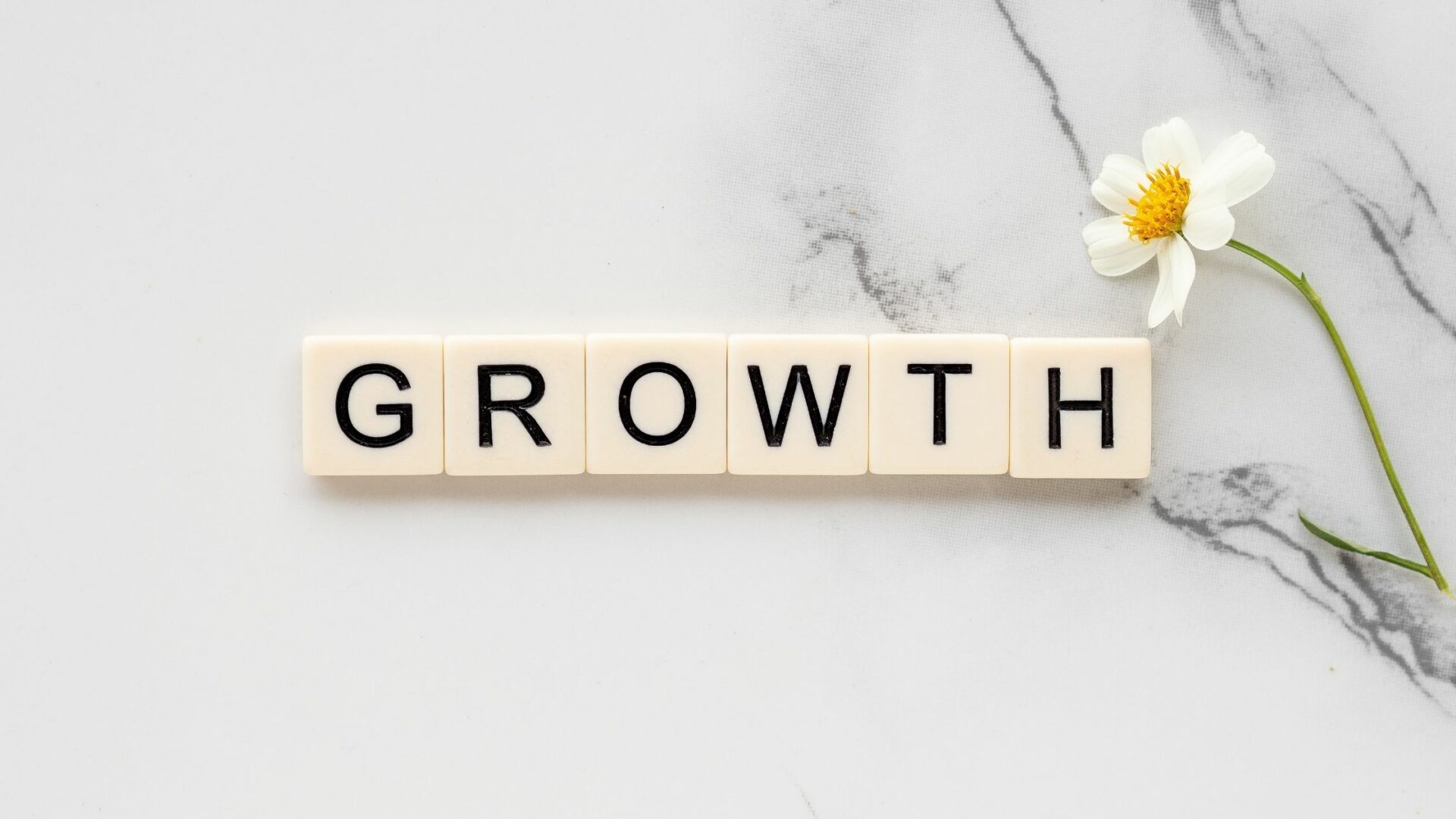Relationships are universally meaningful. They help you develop as a child, help you face the different stages of being a teenager, and help you thrive in adulthood. In other words, they’re crucial to human health happiness.
But, in business, they’re often forgotten about customer relationships. There’s a perception that you have to be a ruthless lone wolf to get ahead, ready to shoot down anyone who could be perceived as competition. That definitely isn’t true.
Daniel Coleman, the author of Emotional Intelligence, once wrote that “Western business people often don’t get the importance of establishing human relationships”. That lack of understanding can be detrimental to success.
You need to take the time not only to create relationships but to drive energy into them. A business is nothing without people, so don’t forget their importance.
What Should You Be Focusing on in Customer Relationships?
Customer relationships are the very foundation of all business relationships. Without this, you won’t have a business to build at all.
A customer-business relationship should be mutually beneficial. In return for their custom – which drives your company forward – you must give them something back.
To manage your customer relationships and ensure they’re always working positively, you first need to monitor customer satisfaction, which should be an ongoing business activity. If your research highlights dissatisfaction and you’re losing customers to competitors, something’s obviously gone wrong. Start by looking at the type of service you’ve been providing to find the fault.
How Can You Manage Customer Satisfaction?
Managing the expectations of customers is a sure-fire way to improve satisfaction. If you walk into a shop that’s advertising that they have hundreds of different types of smartphones and you walk in to find only ten, it’s unlikely you’ll be satisfied. That’s because they haven’t managed your expectations; they’ve raised them beyond what the company can deliver.
Of course, this is just one example, and there are many ways to leave your customers dissatisfied. But they all end with the same thing: loss of custom and a negative brand image.
To avoid this, start by categorising the current contact you have with customers into one of three areas. Choose “Up” when you’re exceeding expectations, “Neutral” where you’re meeting expectations, and “Down” when you’re failing to meet expectations.
It’s doubtful that all of your customer interactions will be in the “Up” category. In fact, it would be surprising if they were! But, this is where you want to be moving towards.
To move to that “Up” category, you need to implement a customer service strategy that’s entirely focused on exceeding expectations. Done well, you’ll see an uptick in sales and help positively differentiate yourself from the competition.
How Can You Develop a Customer Service Strategy?
If you’re looking to grow your business and improve customer satisfaction, you need to know how your customers buy.
Research shows that if a customer buys from you once, then the probability of them buying again increases. After one successful purchase, the chance of them buying again instead of choosing a competitor is 50%. After the second purchase, it jumps to 70%, and then 85%. If you manage to get four successful purchases, you pretty much have a client for life, with a 95% chance they’ll choose you again.
So, your strategy should be aiming to create four satisfactory sales with each customer. If you can do that, you’re on your way to building a great relationship.
How Do You Manage Customer Relationships?
You’ve built customer relationships – hooray! Unfortunately, there’s no time to celebrate; now, you need to manage that relationship.
The first step you take should be to outline a strategy where you confirm exactly what you’re prepared to offer as your standard service. In the future, you can also offer extras to build loyalty, which should always be tailored to your customer’s needs.
What you give as an extra doesn’t need to be expensive (it can be completely free!), but it should add value for your client. You also need to ensure your customer knows that you’re giving them something above your normal standard level of service. You want them to feel special, so let them know they are.
The tricky part is finding the balance between a one-off extra and something that becomes an expectation.
For example, if you give them free delivery as a one-off but don’t let them know why you’re doing it, that free delivery is expected every time. Or, if you have been taking key clients to a special event three years in a row, they’re going to expect it for the fourth year. When they don’t get the invite, there are likely to be some very disappointed clients!
You must create an energy around the extra that lets the customer know it’s unique. Switch up what you offer, too, to prevent it from becoming perceived as standard practice. Finally, make sure your budget can consistently accommodate new value-added offers on an ongoing basis to avoid disappointment.
What About Staff Relationships?
The principle about extras applies to your staff as well as your customers. A strategy of little bonuses is part of creating a work culture and providing a positive work environment, but you don’t want them to become expectations – especially as your team grows.
Imagine if you bake everybody a birthday cake on their birthday. It’s a lovely thought when you’re a team of ten, but when you suddenly take on fifty new workers, it becomes a nightmare! It’s also not going to create much positive energy. If everyone gets a cake as standard, what makes that individual special?
The trick is to keep your extras surprising and fun. You don’t have to do the same every time; it’s good not to! Stay creative, and everyone will be happy.
If you’re struggling to manage the relationships you have in your business, we can help. Our growth coach consultancy is experienced in helping businesses thrive, including by improving customer and staff satisfaction. If you’d like to learn more, please email [email protected] or call (0)208 088 3612.

